Dem Lawmakers Labeled ‘Traitors’ for Warning Troops to Defy ‘Illegal Orders’
In the marbled echo chamber of the U.S. Capitol, where the ghosts of founding fathers linger in the corridors like unspoken oaths, six Democratic lawmakers gathered on a crisp Tuesday morning in November 2025, their faces etched with the quiet resolve of those who have stared down enemies in far-flung wars. Senators Elissa Slotkin of Michigan and Mark Kelly of Arizona, alongside Representatives Chris Deluzio and Chrissy Houlahan of Pennsylvania, Maggie Goodlander of New Hampshire, and Jason Crow of Colorado—all veterans bearing the invisible scars of service—huddled not for a strategy session, but to record a 60-second video that would ignite a national inferno. Titled “Don’t Give Up The Ship,” a nod to the defiant last words of Captain James Lawrence during the War of 1812, the clip was a heartfelt plea to America’s uniformed ranks: refuse illegal orders from the Trump administration. “We know you are under enormous stress and pressure right now,” they intoned, their voices steady but laced with the weight of shared sacrifice. “Americans trust their military, but that trust is at risk. This administration is pitting our uniformed military and intelligence community professionals against American citizens like us. You all swore an oath to protect and defend this Constitution.” As the camera faded, they left no room for ambiguity: “Right now, the threats to our Constitution aren’t just coming from abroad, but from right here at home. Our laws are clear. You can refuse illegal orders … you must refuse illegal orders. No one has to carry out orders that violate the law or our Constitution.”
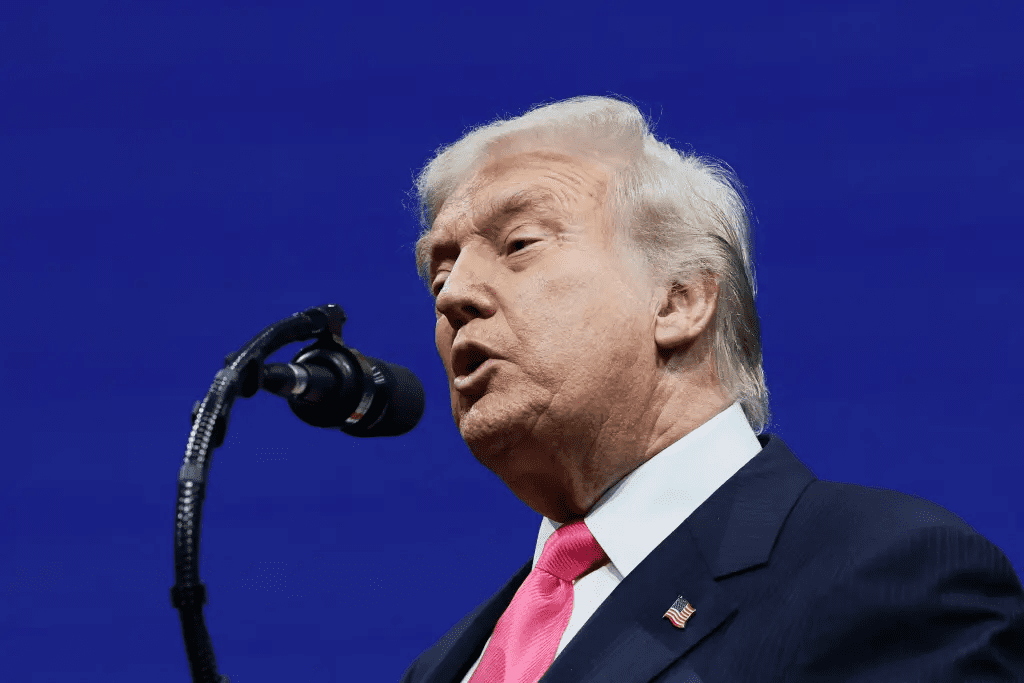
What unfolded in the hours that followed wasn’t debate or discourse, but a presidential broadside that thundered across the political landscape like a cannonade from an old ironclad. President Donald J. Trump, fresh from signing the Epstein Files Transparency Act and basking in the afterglow of his Riyadh reconciliation with Elon Musk, unleashed a barrage of Truth Social posts on Thursday, November 20, branding the six lawmakers “traitors” and demanding their immediate arrest. “It’s called SEDITIOUS BEHAVIOR AT THE HIGHEST LEVEL,” he wrote in one post, his all-caps fury a hallmark of the platform he wields like a digital Excalibur. “Each one of these traitors to our Country should be ARRESTED AND PUT ON TRIAL. Their words cannot be allowed to stand – We won’t have a Country anymore!!! An example MUST BE SET.” In another, he escalated the rhetoric to chilling heights: “SEDITIOUS BEHAVIOR, punishable by DEATH!” Trump’s salvo, reposting supportive messages from allies calling for George Washington-style hangings, didn’t just accuse; it evoked the specter of civil war, framing the Democrats’ video as an insurrection in uniform—a betrayal by those sworn to defend the very republic they now allegedly undermine. For a nation still raw from January 6’s scars and the 2024 election’s bitter divides, this wasn’t hyperbole; it was a gut-wrenching escalation, a reminder that in the theater of power, words can wound deeper than weapons, stirring fears of a military caught in loyalty’s crossfire.
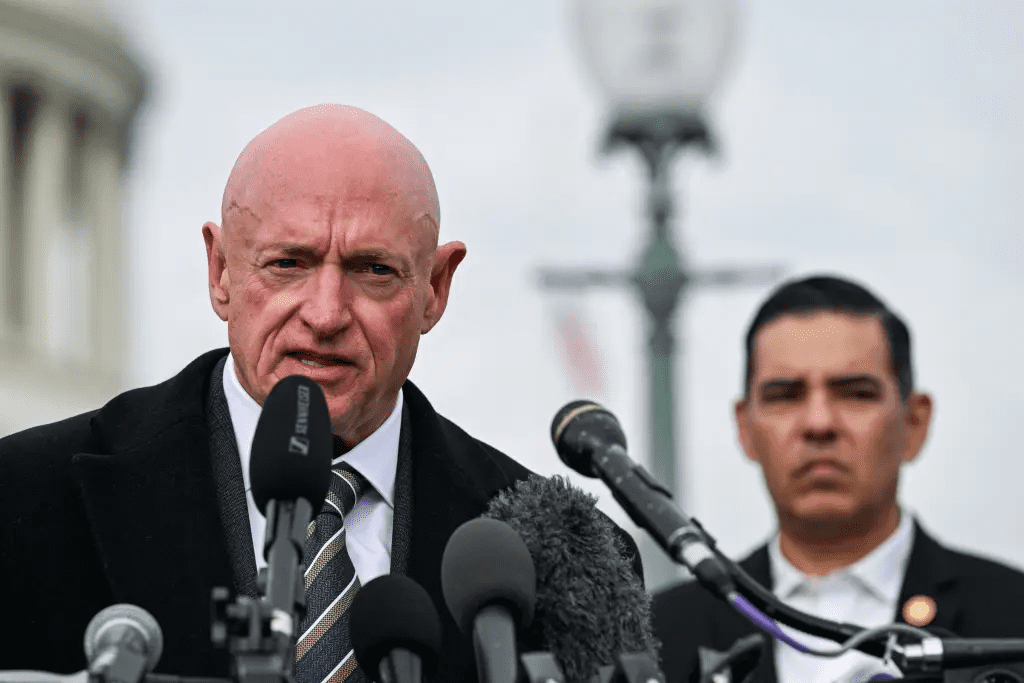
The six lawmakers, bound by more than politics but by the unbreakable thread of military service, represent a poignant cross-section of America’s warrior class—men and women who answered the call in dusty Iraqi outposts and wind-swept Afghan valleys, only to return home to the fray of Capitol Hill. Jason Crow, the Colorado Democrat and Army Ranger who earned a Bronze Star for valor in Baghdad, speaks with the measured cadence of a man who’s led patrols under fire. Chris Deluzio, a Navy JAG officer who deployed to Guantanamo Bay, carries the quiet authority of one who navigated legal minefields in the war on terror. Chrissy Houlahan, an Air Force Academy grad and combat engineer, traded flight suits for floor speeches, her Pennsylvania district a bellwether of suburban swing. Maggie Goodlander, an 11-year Navy Reserve intelligence officer married to national security heavyweight Jake Sullivan, brings the insider’s edge from White House war rooms. Mark Kelly, the Arizona astronaut-senator whose Navy pilot wings bore witness to shuttle missions and spacewalks, embodies the frontier spirit. And Elissa Slotkin, the Michigan CIA analyst turned congresswoman who served in Baghdad and the Pentagon under Obama, rounds out the group with her blend of spycraft savvy and bipartisan grit. Their video, released on social media platforms to reach active-duty personnel directly, wasn’t a call to arms but a call to conscience—a reminder of the Uniform Code of Military Justice’s Article 92, which empowers service members to disobey unlawful directives, a principle etched in Nuremberg’s ashes and Vietnam’s regrets.
The timing of their message couldn’t have been more charged, landing amid a torrent of Trump administration moves that have tested the boundaries of executive power. Just days earlier, on November 15, Slotkin had introduced the No Troops in Our Streets Act, a bipartisan bill empowering Congress to block or terminate National Guard deployments by majority vote—a direct response to fears of domestic military use in immigration crackdowns or protest suppression. Crow, in a floor speech that drew rare cross-aisle applause, followed with a War Powers Resolution on November 18, aiming to halt White House airstrikes on suspected drug traffickers in the Caribbean and eastern Pacific. “In the briefings I’ve had on these strikes, I have yet to see a coherent strategy from this administration on their illegal actions,” Crow stated, his voice steady with the frustration of a Bronze Star recipient who’s seen wars waged without end. “After decades of overseas wars, trillions of dollars spent, and thousands of lives lost, the American people deserve a public debate and vote on military actions and putting our servicemembers in harm’s way.” These bills, co-sponsored by Republicans like Rep. Don Bacon of Nebraska, underscore the lawmakers’ intent: not rebellion, but restoration of checks and balances, a defense of the constitutional firewall that separates soldier from enforcer.
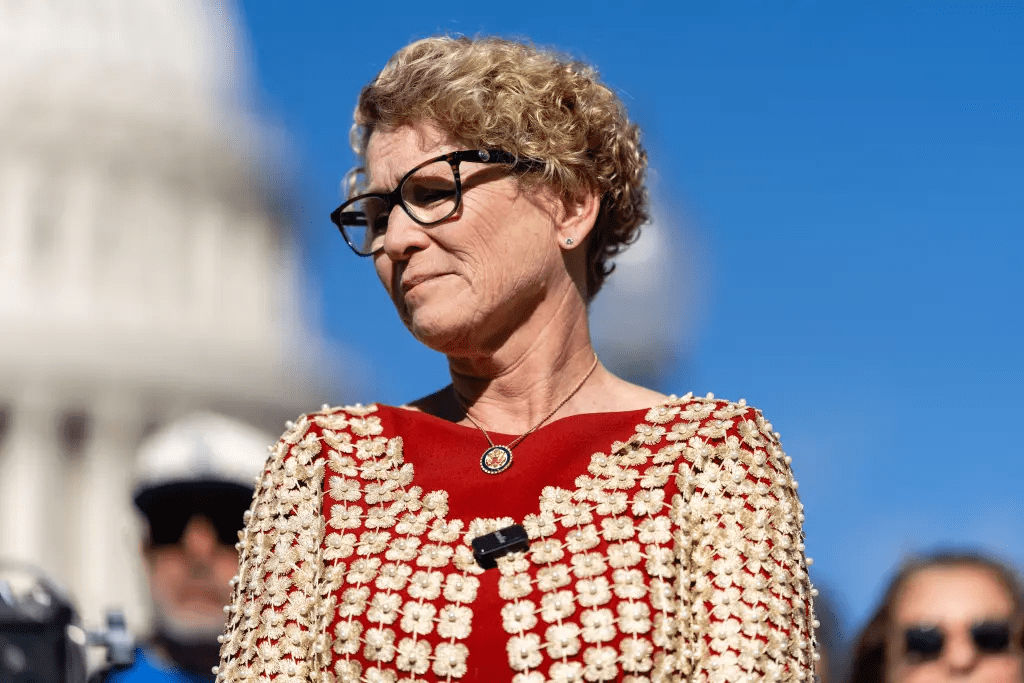
Trump’s reaction, erupting like a geyser from Truth Social’s unfiltered feed, carried the visceral punch of a commander-in-chief who sees disloyalty as existential threat. “This is really bad, and Dangerous to our Country,” he posted, reposting user calls for “hanging” the lawmakers in the style of revolutionary justice. The “SEDITIOUS BEHAVIOR” charge, invoking 18 U.S.C. § 2384—a rarely prosecuted statute carrying up to 20 years—evokes McCarthy-era chills, a specter that haunted the 119th Congress where Trump’s allies like Rep. Matt Gaetz have floated sedition probes against critics. War Secretary Pete Hegseth, the Fox News alum whose nomination sailed through Senate confirmation on November 10 despite progressive pushback, dismissed the video on X as “Stage 4 TDS [Trump Derangement Syndrome],” a quip that drew laughs from the MAGA faithful but underscored the administration’s view: these Democrats aren’t guardians of oaths, but obstructionists undermining the “strong borders, strong military” mandate of 2024’s red wave.
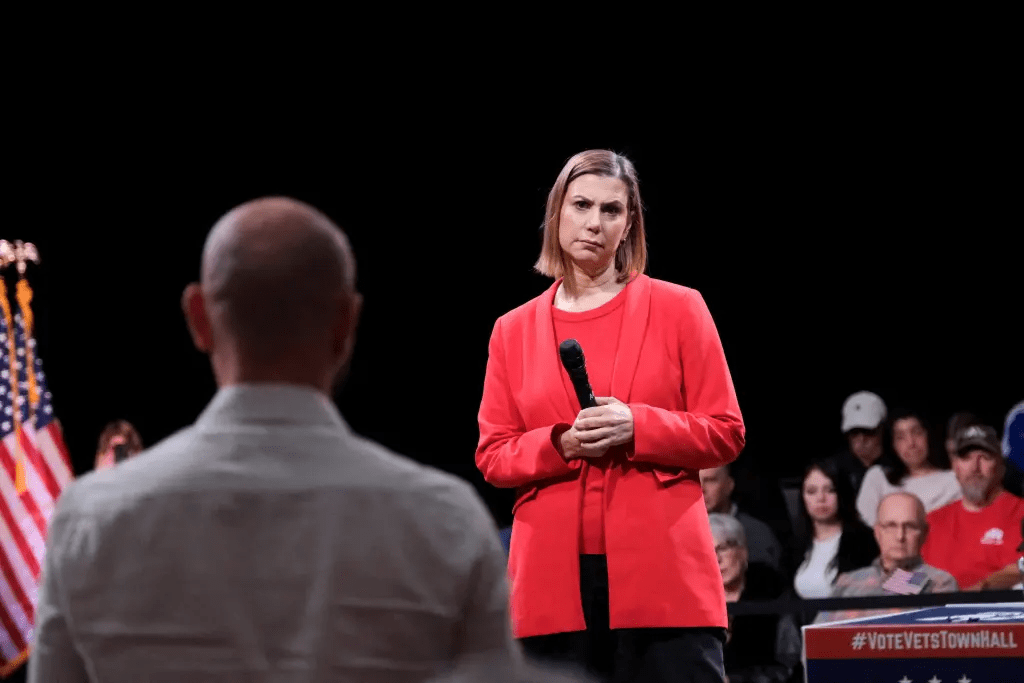
The emotional core of this clash beats in the hearts of those who served alongside these lawmakers, veterans whose letters flooded Capitol switchboards by midday November 20, a chorus of support laced with sorrow. “I fought in Fallujah; I know what illegal orders look like,” wrote one anonymous Marine to Crow’s office, his email a raw plea for the constitutional clarity the video champions. Families of the six, from Kelly’s astronaut wife Gabby Giffords—who survived a 2011 assassination attempt—to Houlahan’s Air Force veteran husband, stand as quiet pillars, their pride tempered by the peril of public service in polarized times. Slotkin, whose CIA days in Iraq honed her for hybrid threats, told reporters in a tearful presser outside the Russell Senate Office Building, “We swore an oath to the Constitution, not a person. If speaking that truth makes us ‘traitors,’ then God help this country.” Her words, broadcast live on C-SPAN, evoked the quiet heroism of My Lai whistleblowers or Abu Ghraib resisters, men and women who chose law over loyalty, their courage a balm for a military strained by 20 years of war and now navigating domestic divides.
Across the aisle, Trump’s demand resonates with a base that views the video as mutiny, a subversion of the “America First” ethos that swept him back to the White House. In VFW halls from Phoenix to Pittsburgh, veterans like Kelly’s Arizona constituents nod at the sentiment—orders are orders, and questioning them erodes chain of command. Hegseth, in a Fox interview that evening, amplified the call: “This isn’t dissent; it’s division, pitting brother against brother in uniform.” Yet legal scholars like Cornell’s Michael Dorf caution the hyperbole, noting sedition requires overt acts, not words, and the video’s invocation of UCMJ doctrine aligns with Supreme Court precedents like U.S. v. Marcum, affirming the right to refuse unlawfulness. “Trump’s rhetoric rallies the room, but in court, it’s empty thunder,” Dorf told NPR, his analysis a sobering counterpoint to the president’s fire.
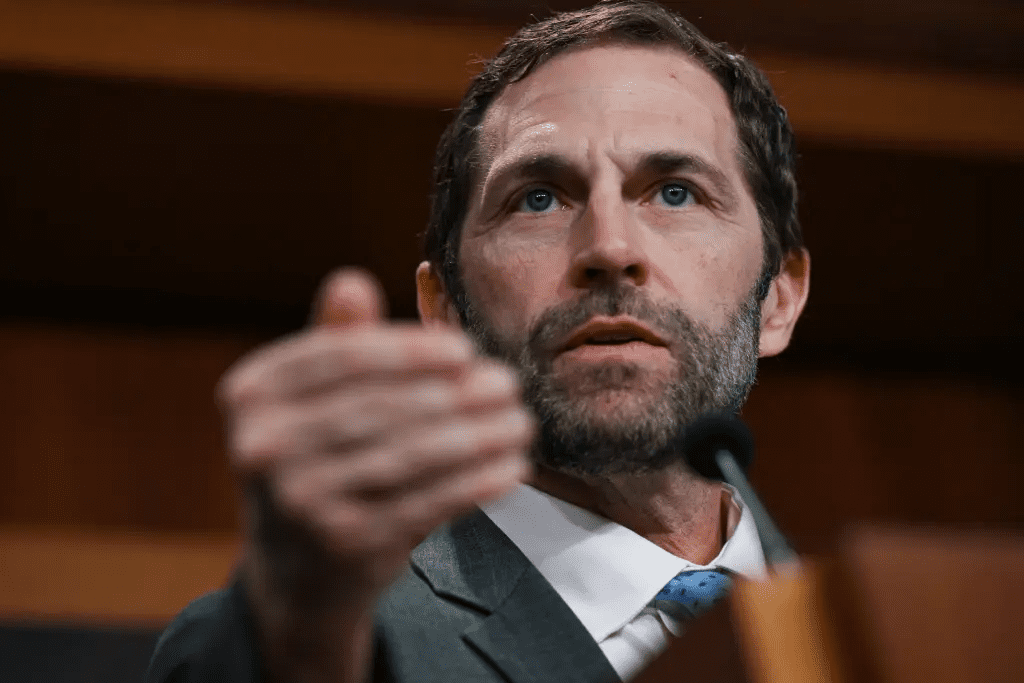
This tempest, brewing in the wake of Trump’s Riyadh triumph and Epstein act signing, lays bare the fragility of America’s civic fabric—a tapestry frayed by election wounds and policy wars. The six lawmakers, their military medals pinned beneath congressional pins, embody the tension: patriots who served abroad, now safeguarding home front freedoms. Their video, viewed 5 million times by nightfall, sparked a flood of military endorsements—from the VFW’s neutral nod to Code Pink’s fervent shares—while Trump’s posts racked 10 million engagements, memes morphing the group into “Deep State Generals.” For the nation, watching from living rooms to lunch counters, it’s a poignant divide: one side sees traitors eroding order, the other defenders upholding it, a mirror to the soul-searching that follows every oath tested.
As November’s twilight deepens, with the House Ethics Committee eyeing preliminary reviews and DOJ lawyers parsing “sedition” precedents, the story simmers—a human drama where valor and vitriol entwine. Slotkin, penning a late-night op-ed for The Atlantic, reflects on her Baghdad nights: “We fought for a Constitution that bends but doesn’t break. Today, that’s the battle we all share.” Trump’s rally cry, set for a Pennsylvania swing state tour, promises “examples set,” his voice the rallying thunder for a base that hungers for unyielding strength. In this fraught dance, where military honor meets political heat, one truth endures: America’s strength lies not in blind obedience, but in the brave who question, the leaders who listen, and the collective will to forge unity from the storm. For the six, their families, and the troops they honor, the fight is far from over—a testament to a republic that, in its messiest moments, still calls us to our better angels.



